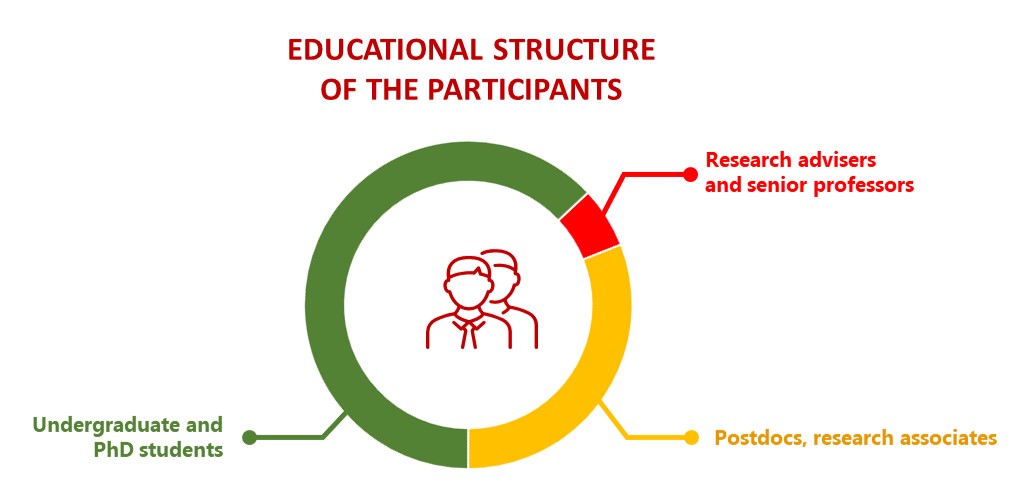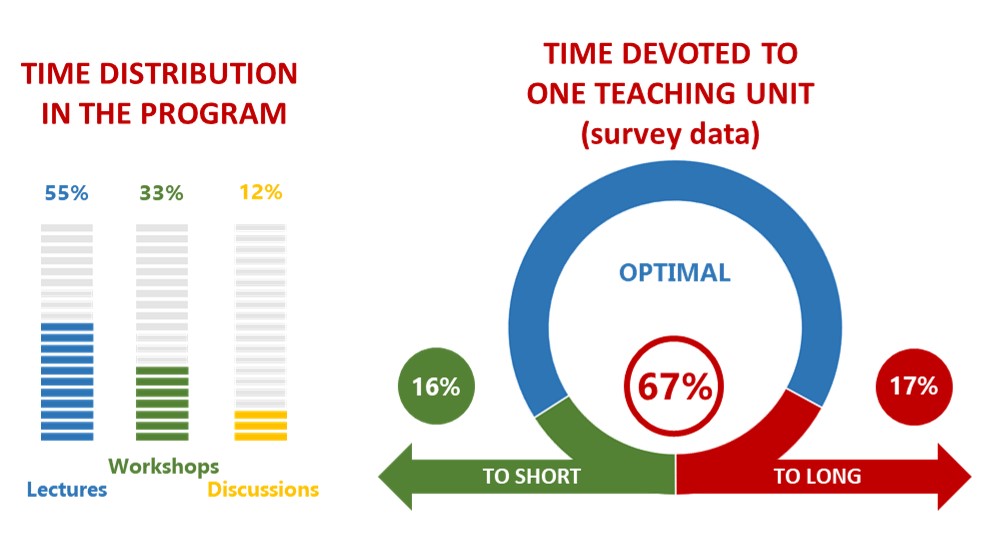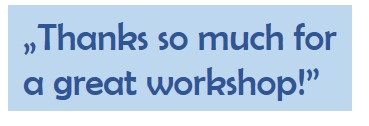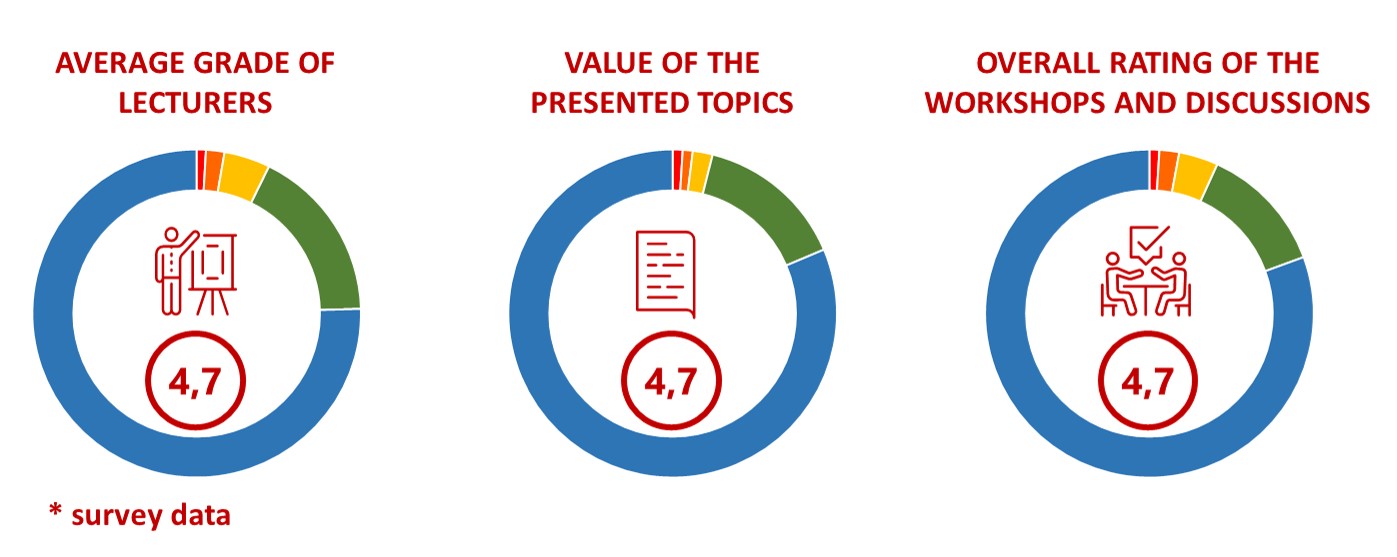
Being constantly attempted to recognize and proactively answer the needs of students and young scientists, the Croatian Society of Biochemistry and Molecular Biology has established educational workshops serial named Better skills for better jobs. In search for new topics to address, through the communication with students and young scientists, we realized that mentors are mostly focused on pushing forward education in wet laboratory skills. In these challenging times of science industrialization, it is surely important to keep our students and young scientists competitive and well trained in cutting edge technology. To keep them on the forefront of the future! Yet, don’t we, as their teachers and mentors, sometimes take basic laboratory skills for granted? Don’t we all expect from our young colleagues to already know something just because it is elementary? Don’t we all expect from them to know how to shape and maintain a well-run laboratory notebook just because it is fundamental? Well, it seems we do!

Therefore, recognizing the lack of structured education in keeping laboratory notebooks and its importance, we launched the new Better skills for better jobs educational workshop under the title Excellent lab book for an excellent career. It was formatted as two afternoon’s event on 17th and 18th of December 2020. The workshop was supported by the FEBS Education Committee and the Croatian Ministry of Education and Science.
Due to COVID-19 restrictions, the dates were changed 4 times. In the end it has to be transformed in an online event. It was advertised only in the national community. It was booked in just four days!

Because of such high interest, we decided to double the number of participant for the theoretical part of the workshop. In total, 65 people registered for the workshop, of which 25 was granted to access the practical part of the workshop.

The program was carefully shaped to address the following questions: “Why a well-run lab book is a prerequisite for well performed scientific work? How a well-run lab book pushes forward our careers? What are the benefits of a well-run lab book in the first place?” Reflection of a well-run lab book in different areas were also presented: e.g. the importance of well-run lab book in publishing, academia, industry, translational and clinical research as well as big data world. It all culminated with presenting and discussing the advantages and shortcomings of a digital lab book already foreseen as a future of scientific data logging (or not?).


The first exercise (small group discussion) was about Designing a well-structured Lab Book where general rules for a well-run lab book were considered and discussed. The second exercise was all about Logging specific laboratory information where the concept of logging important information on experiments performed using different methodologies was presented and debated. To be honest, it was quite challenging to translate the exercises in an online format. Therefore, we were quite surprised when the quality control survey revealed that a lot of participants suggested to keep it as an online event.

Truly, a quality control survey was performed few days after the workshop. We were quite joyful in receiving a lot of comments and suggestions from the participants highlighting their contentment with what they learned.

Therefore, we would like once again to thank each participant for an immense engagement and curiosity during the workshop.
But most of all we thank our friends who all gave their best in transferring their knowledge and skills to the younger generation for brighter future of science: Israel Pecht, Ferhan Sagin, Jason Perret, Duncan Wright, Snjezana Martinovic, Kristian Vlahovicek, Ivona Jasprica, Dubravko Jelić, Maja Katalinic, Igor Stuparevic, Lidija Bach-Rojecky, Sanja Dabelic, Paula Stancl, Ana Katusic Bojanac, and Toma Keser.

See you soon… on the new edition of the workshop!
Nino Sincic, Morana Dulic & Jerka Dumic
***The quotes in blue boxes are excerpts from the quality control survey.
***The figures in the text are designed using infograpia.com elements.

Join the FEBS Network today
Joining the FEBS Network’s molecular life sciences community enables you to access special content on the site, present your profile, 'follow' contributors, 'comment' on and 'like' content, post your own content, and set up a tailored email digest for updates.
Thank you, Nino, for sharing this experience!
It will suggest new points of attention to all of us involved in training young scientists.
Dear Angel,
Thank you for your kindness and support. Indeed, this experience highlighted the need to bring basic laboratory skills back to the center of education of young scientists. After all, a good foundation is truly a prerequisite for a comprehensive career development.